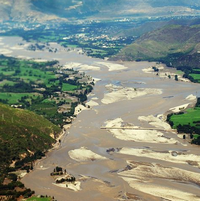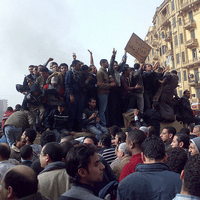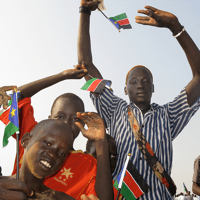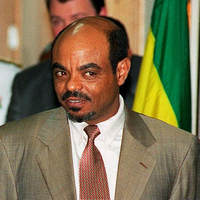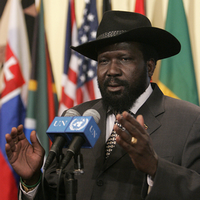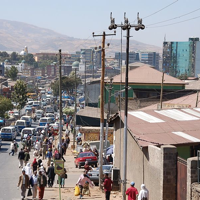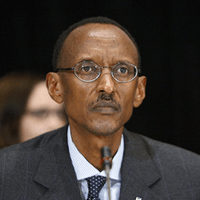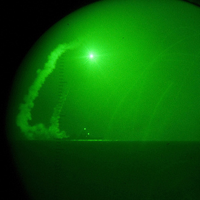
Is it time for NATO to begin wrapping up its Libya operation? The observance of Ramadan will begin in a few days, and even though Islamic tradition permits those involved in combat to be exempted from the requirements of the fast, most analysts expect a dramatic slowdown in major combat operations on the part of both pro-Gadhafi and anti-government forces during August. While NATO spokesmen have indicated that sorties will continue to be flown during the holiday, the pace of combat will lessen. This, in turn, may reinforce conditions on the ground, which Chairman of the Joint Chiefs of Staff […]

